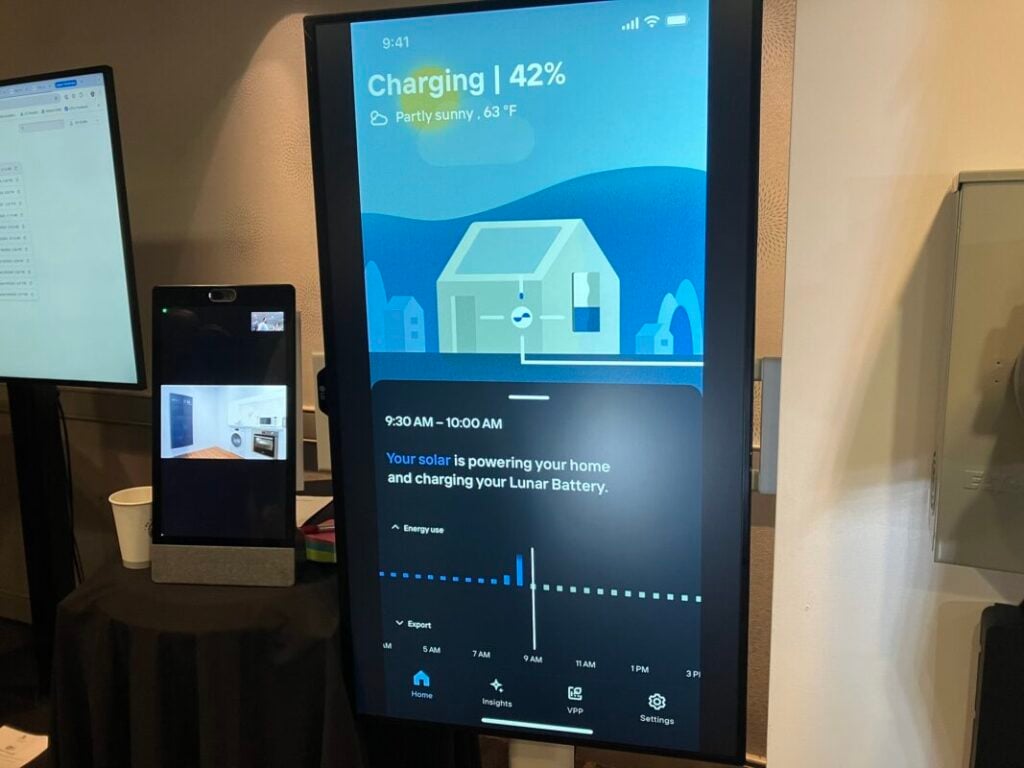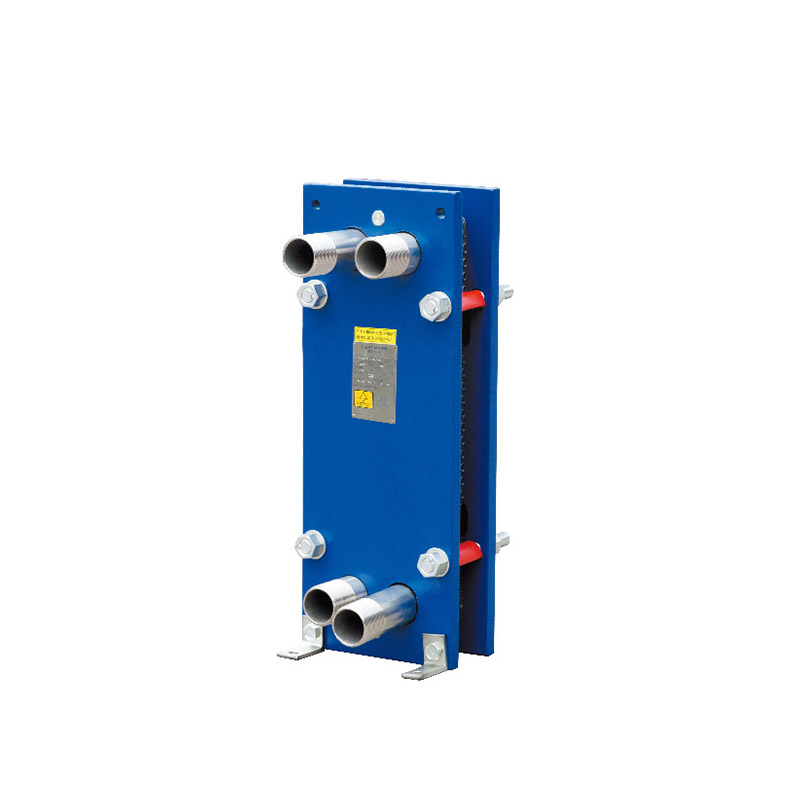In recent years, the conversation surrounding sustainability and environmental responsibility has intensified, leading consumers and businesses alike to reconsider their choices in packaging. Among the various options available, paper grocery bags have emerged as a preferred alternative to their plastic counterparts. This article delves into the multifaceted reasons why paper grocery bags are not only better for the environment but also advantageous for consumers and retailers.
- Environmental Impact: A Sustainable Choice
One of the most compelling reasons to choose paper grocery bags is their lower environmental impact. Unlike plastic bags, which can take hundreds of years to decompose, paper bags are biodegradable and can break down in a matter of weeks under the right conditions. This rapid decomposition significantly reduces the burden on landfills and minimizes the risk of plastic pollution in oceans and waterways.
Moreover, the production of paper bags typically involves renewable resources. Most paper bags are made from recycled paper or sustainably sourced trees, which helps to conserve natural resources and reduce deforestation. In contrast, plastic bags are derived from petroleum, a non-renewable resource that contributes to greenhouse gas emissions during extraction and processing.
- Reusability and Durability
While plastic bags may initially seem more durable, paper grocery bags have proven to be surprisingly resilient. Many paper bags are designed to hold substantial weight and can be reused multiple times before showing signs of wear. This reusability factor not only extends the life of the bag but also encourages consumers to adopt more sustainable habits.
In addition, paper bags can be repurposed for various uses, such as storage, gift wrapping, or even as compostable material for gardens. This versatility adds to their appeal, making them a practical choice for environmentally conscious consumers.
- Health and Safety Considerations
Another critical aspect of paper grocery bags is their safety profile. Unlike plastic bags, which can leach harmful chemicals into food items, paper bags are generally considered safer for food storage. They are less likely to harbor bacteria and do not contain the same level of harmful additives, such as bisphenol A (BPA), that can be found in some plastic products.
Furthermore, paper bags are often treated with water-resistant coatings that are less toxic than the chemicals used in plastic bag production. This makes them a healthier option for consumers, particularly when it comes to carrying fresh produce and other food items.
- Consumer Preferences and Brand Image
As consumer awareness of environmental issues grows, many shoppers are actively seeking brands that align with their values. By offering paper grocery bags, retailers can enhance their brand image and appeal to eco-conscious consumers. This shift not only fosters customer loyalty but can also differentiate businesses in a competitive market.
Research indicates that consumers are willing to pay a premium for products and services that demonstrate environmental responsibility. By adopting paper bags, retailers can position themselves as leaders in sustainability, potentially increasing their market share and profitability.
- Economic Considerations
While the initial cost of paper grocery bags may be higher than that of plastic bags, the long-term economic benefits can outweigh these expenses. Many municipalities are implementing bans or taxes on plastic bags, which can lead to increased operational costs for businesses that continue to use them. Transitioning to paper bags can help retailers avoid these potential financial burdens.
Additionally, the growing demand for sustainable products can open new revenue streams for businesses. By promoting paper bags as part of a broader commitment to sustainability, retailers can attract new customers and enhance their overall profitability.
Conclusion: A Step Towards a Greener Future
In conclusion, the advantages of paper grocery bags extend far beyond their aesthetic appeal. From their reduced environmental impact and health benefits to their economic viability and positive brand image, paper bags represent a sustainable choice for consumers and retailers alike. As society continues to grapple with the challenges of plastic pollution and environmental degradation, embracing paper grocery bags is a practical step towards a greener future. By making this simple switch, we can collectively contribute to a more sustainable world, one grocery trip at a time.




